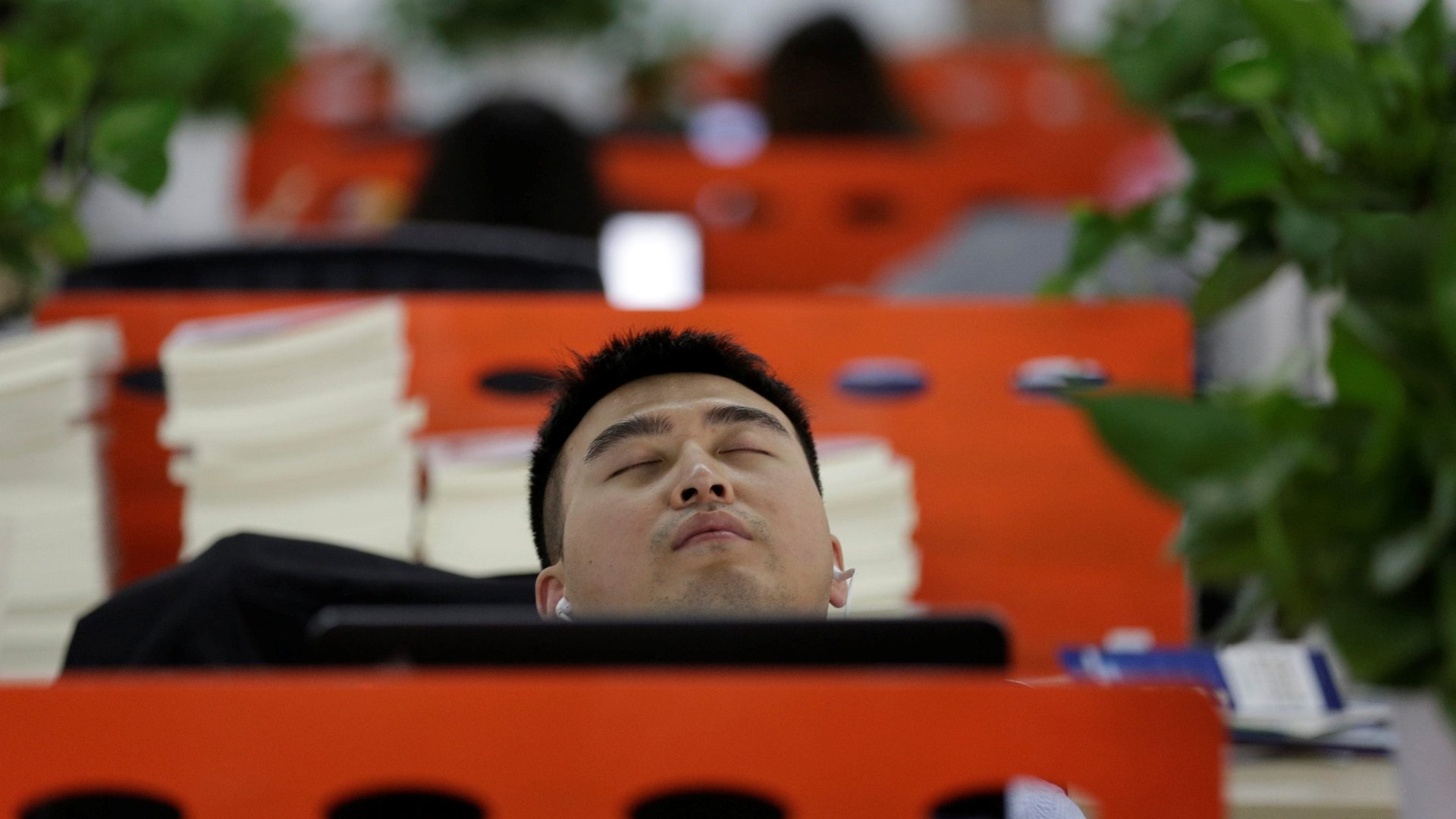The partial disappearance of a $3 billion shopping app shows the biggest risk for China’s unicorns
China, not the US, is the home to the most unicorns—startups worth over $1 billion. These aspiring Chinese companies, however, are facing the same problem: ambiguous rules and unpredictable authorities.


China, not the US, is the home to the most unicorns—startups worth over $1 billion. These aspiring Chinese companies, however, are facing the same problem: ambiguous rules and unpredictable authorities.
This risk was most recently illustrated by the abrupt disappearance of social-commerce app Xiaohongshu, a product-review site with a loyal user community, from some app stores earlier this week. The app’s over 85 million (in Chinese) monthly active users share their shopping experiences in the form of pictures and short videos, and users can buy the products in the posts directly on the platform. Thanks to the over $400 million in funding the company has raised since its inception in 2013, counting Alibaba as one of its major investors, it has achieved a valuation of over $3 billion.
The app was taken down from several Android app stores starting July 29 (in Chinese), according to reports in Chinese media. It remains unclear which authority ordered the move or for what reasons, with some Chinese media outlets speculating (in Chinese) that it might have to do with the app having too many “fake reviews”: posts from bloggers that pretend to be genuine recommendations of products but are actually content paid by brands.
The app can still be found on Apple’s App Store and Google’s Android Play Store, but is unavailable on some specific app marketplaces for Huawei, Oppo, and Xiaomi phones, according to TechNode. Xiaohongshu did not reply to a request for comment, but told (in Chinese) state-owned China News Service that it is “actively communicating with relevant departments and trying to solve the problem,” suggesting that this is an order from the authorities rather than a move by the operators of the app stores. “Relevant departments” is an ambiguous term, yet one commonly used in China when referring to rules implemented by agencies whom people don’t want to name for fear of stirring controversy.
Xiaohongshu is not the first tech unicorn to have faced such a problem in China. For several years Beijing has been tightening its social control on all aspects of internet expression, often citing “cleaning up” the internet of pornography and other harmful content as the reason—along the way, seemingly innocuous apps sometimes vanish. Netease Cloud Music, a popular Chinese music streaming app valued at over $3.5 billion (in Chinese) was taken down briefly last month for unknown reasons, while Hupu, a popular sports community with a valuation over $1 billion, was also temporarily pulled from app stores in February, again without any official explanation.
Unlike in the US, where the operators of app stores, such as Google and Apple, would be in charge of removing apps that they decide have violated their rules, it’s usually the Cyberspace Administration of China (CAC), the country’s internet regulator, that issues such orders in China.
While in some cases the CAC explains why some apps are being taken down, for example, for containing vulgar content or “historical nihilism,” in other cases apps like Xiaohongshu would just be taken down quietly without any official announcement or timeline on when they can go live again given, fueling speculation among internet users that the apps may have just gone bust.